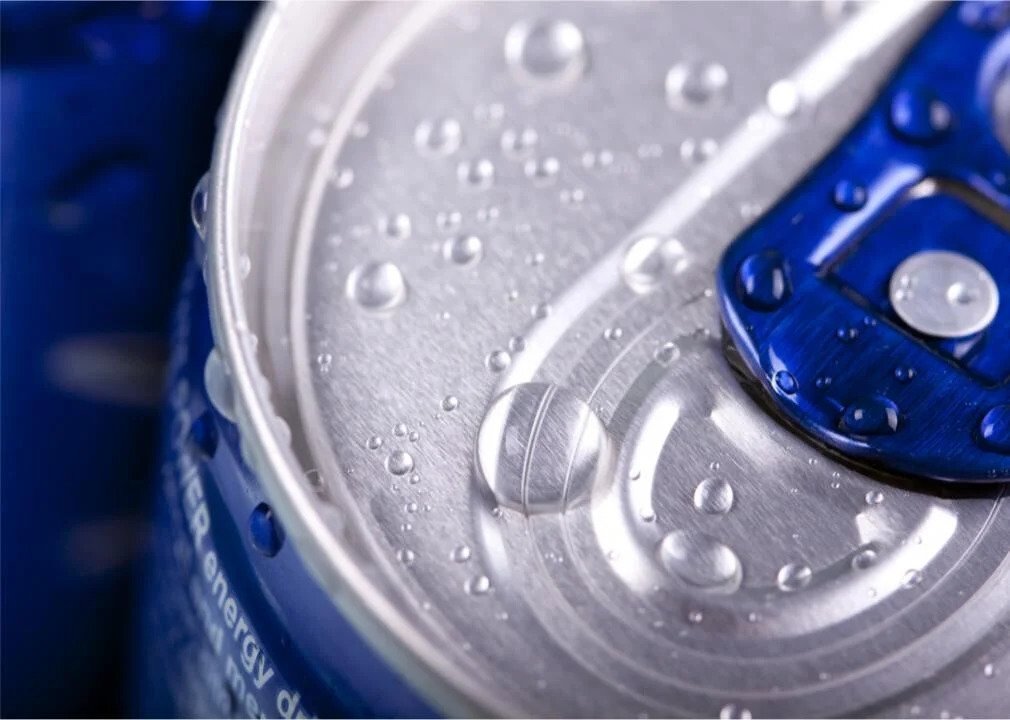Numerous daily habits can contribute to the well-being of your heart. You might opt to increase your physical activity, manage stress levels, enhance your sleep quality, or adjust your diet to incorporate more heart-friendly foods.
These measures hold significant value, particularly because there’s no single, all-encompassing solution to maintaining heart health. If you’re among those taking commendable steps towards improved health, it’s equally essential to be mindful of certain foods and beverages that could impede your journey towards a healthier heart.
For instance, as per Trista Best, MPH, RD, LD, a specialist at Balance One Supplements, energy drinks rank among the least favorable beverages for your heart’s well-being.
The Adverse Impact of Energy Drinks on Heart Health
Energy drinks top the list of beverages that pose a significant risk to heart health,” according to Best. “This is primarily because, while caffeine can promote heart health in moderate amounts, these beverages can pack up to 300 milligrams of caffeine into a single serving.”
First and foremost, excessive caffeine intake can exacerbate heart palpitations and anxiety-related symptoms, such as a rapid heartbeat. If you are prone to palpitations, consuming energy drinks can result in uncomfortable episodes. The Cleveland Clinic points out that “while they are typically not dangerous, they can be distressing.”
Furthermore, an excess of caffeine can lead to more severe side effects. “Regrettably, it can trigger atrial fibrillation, elevate blood pressure, and in certain cases, even lead to heart attacks and strokes,” warns Best.
The rise in blood pressure due to excessive caffeine intake may be subtle, but for individuals with pre-existing high blood pressure or other heart conditions, it can have adverse effects on heart health.
Another potential side effect
Excessive caffeine consumption from energy drinks can also induce a diuretic effect on your body, leading to increased urination. Best cautions that when this is coupled with the tendency for some people to substitute these beverages for water, it can result in dehydration that often goes unnoticed.
Regrettably, “a dehydrated individual’s heart has to exert more effort because there’s reduced blood circulation in the body,” warns Best.
The takeaway
Individuals dealing with pre-existing high blood pressure or other heart-related issues should consider steering clear of energy drinks and limiting their caffeine intake. If you still desire an energy boost throughout your day, you can explore our compilation of The Top Energy Drinks of 2021 to select one with more moderate caffeine content.

